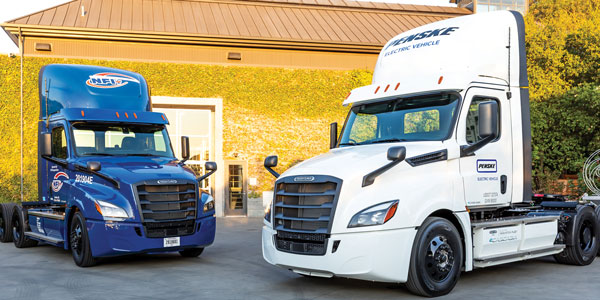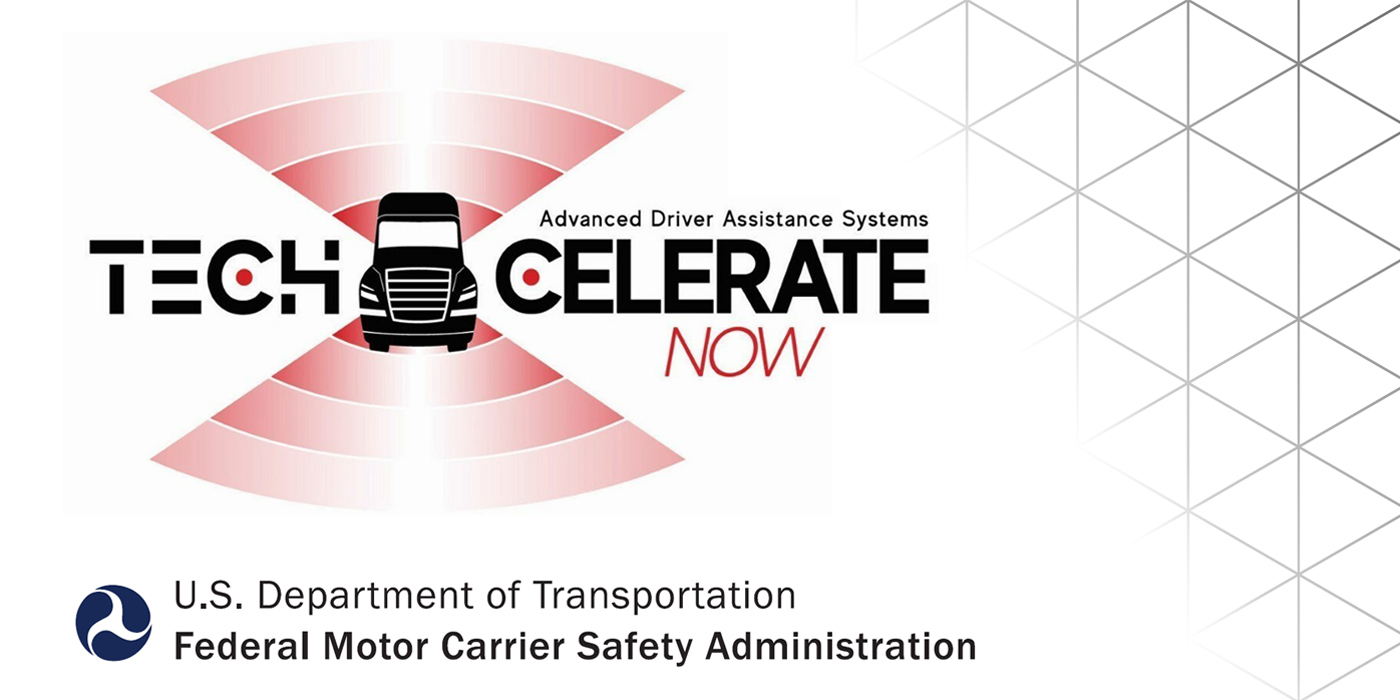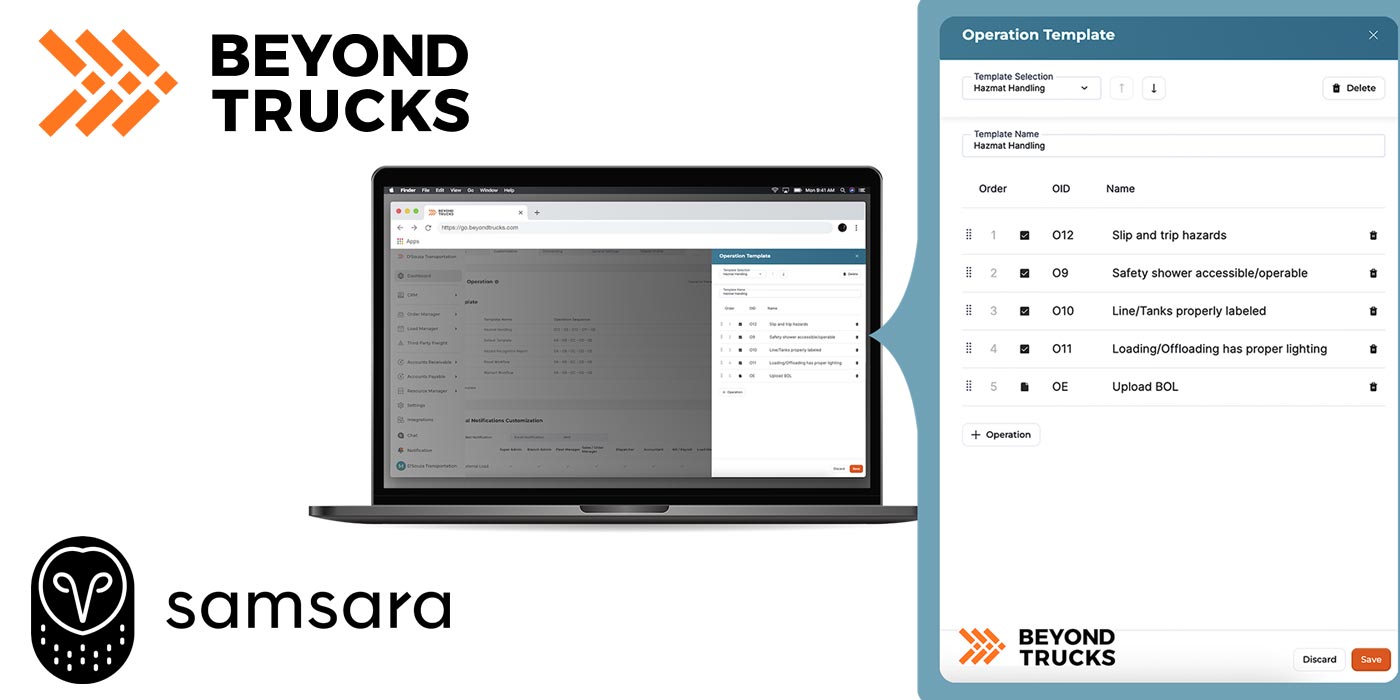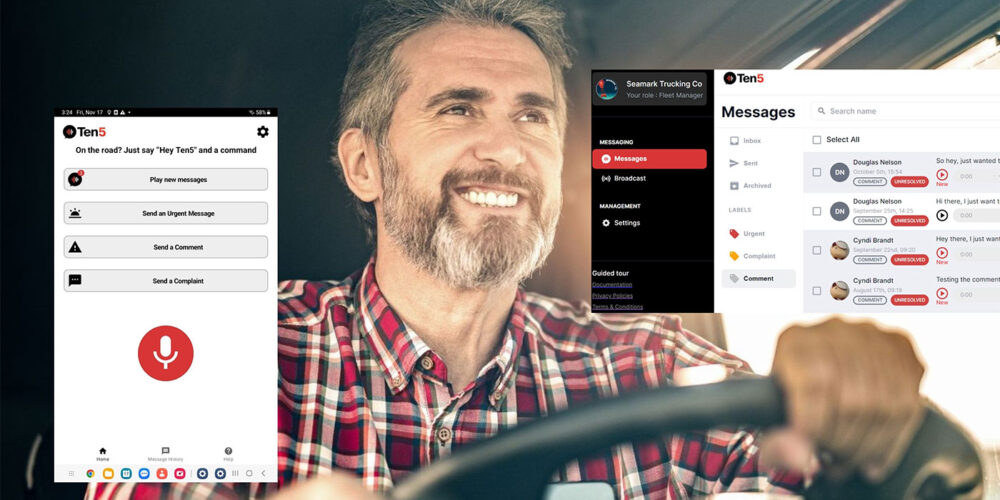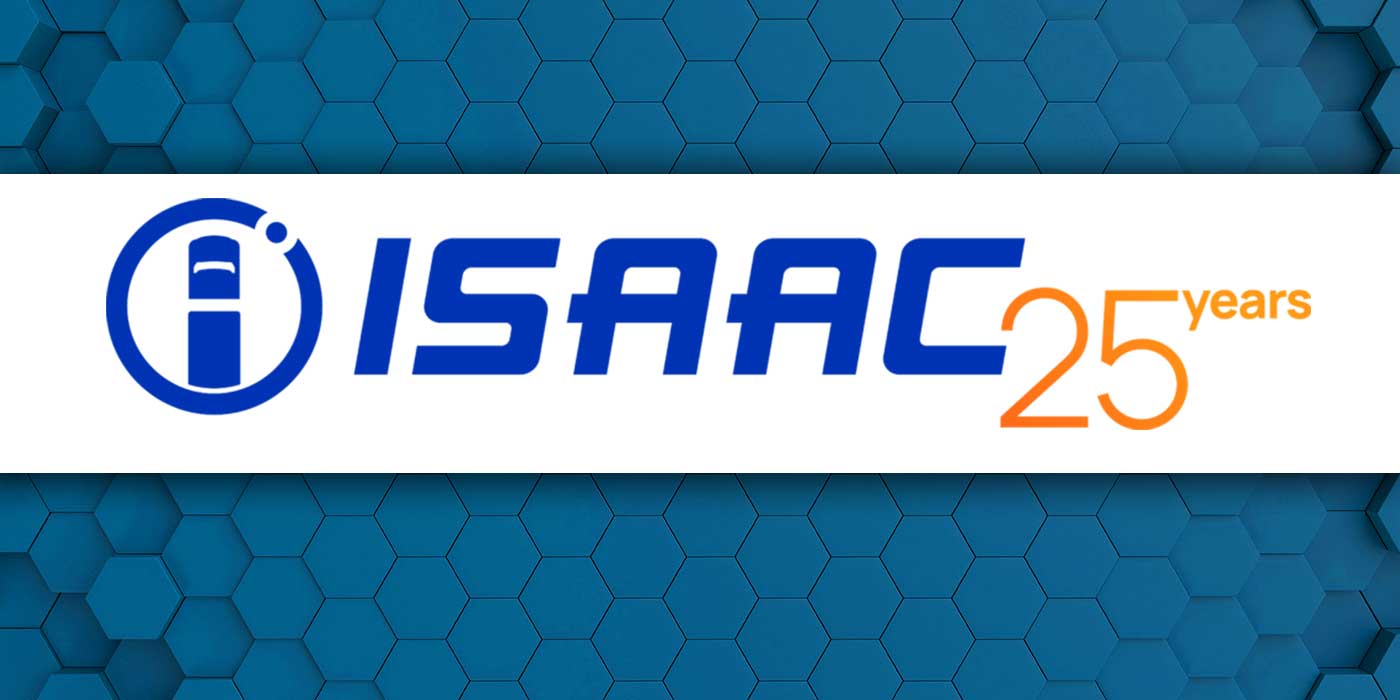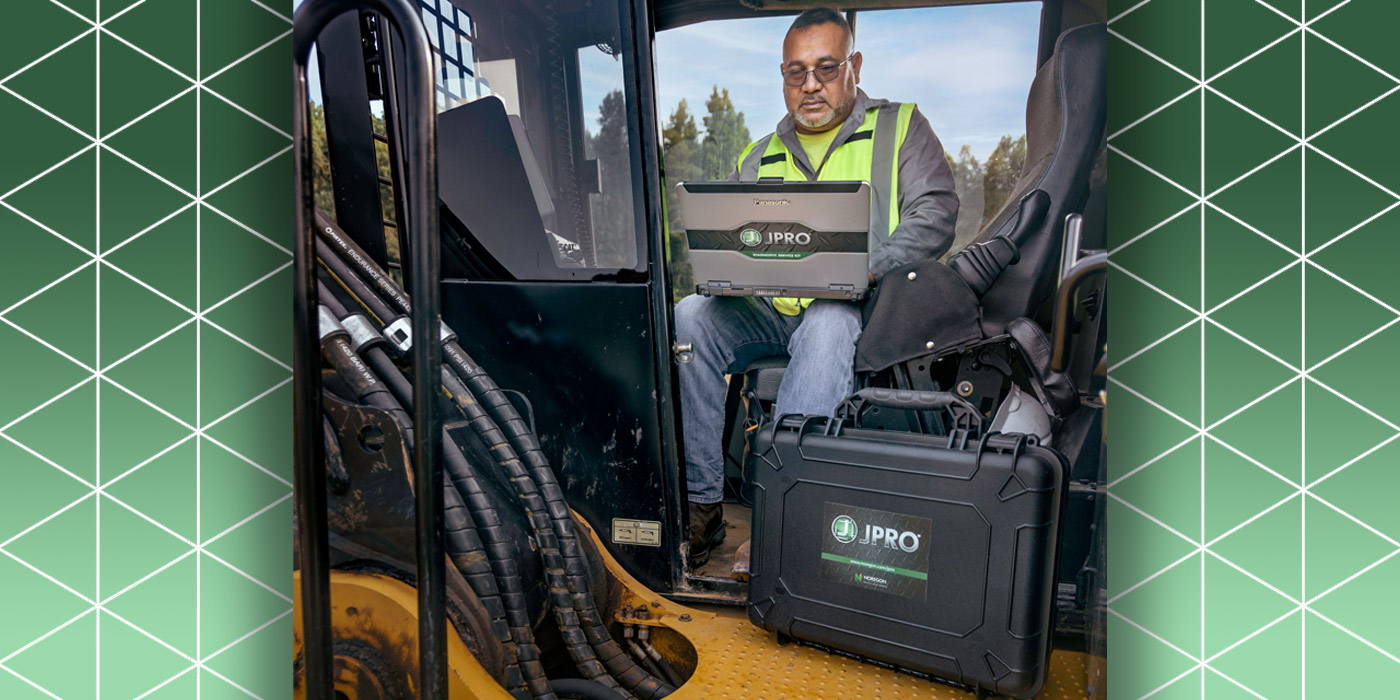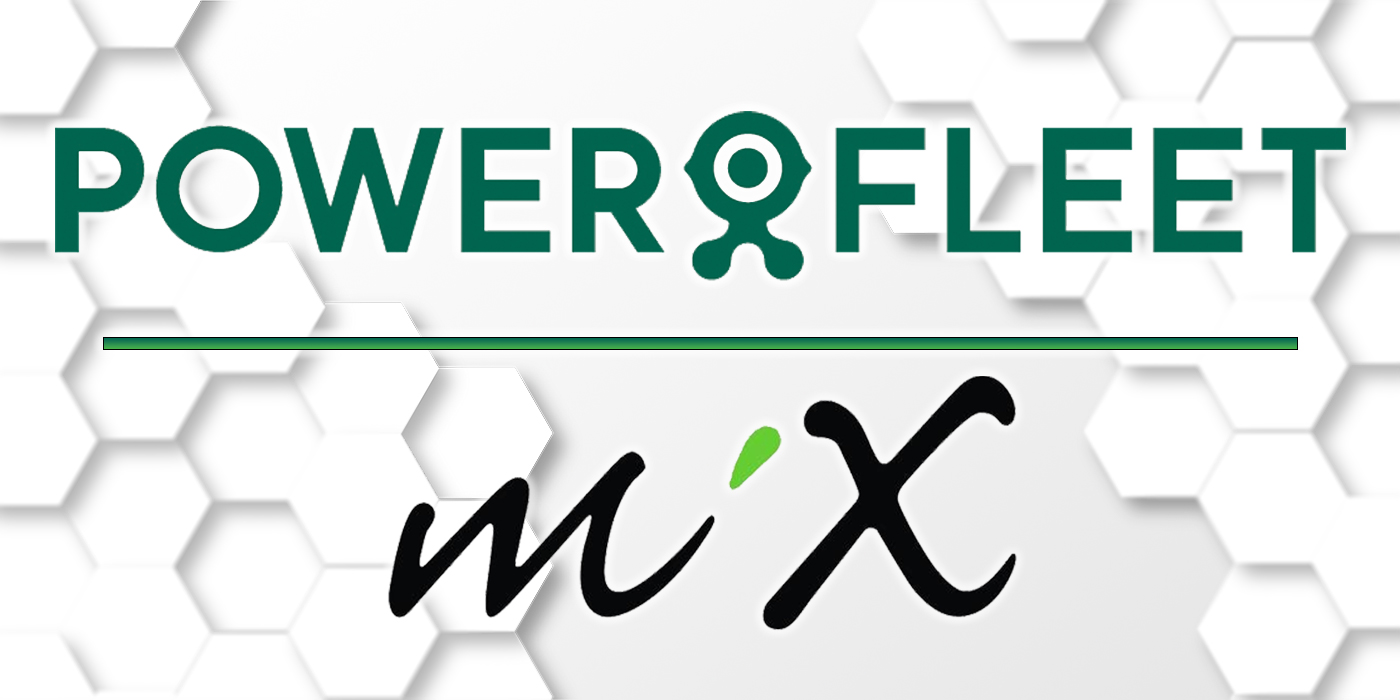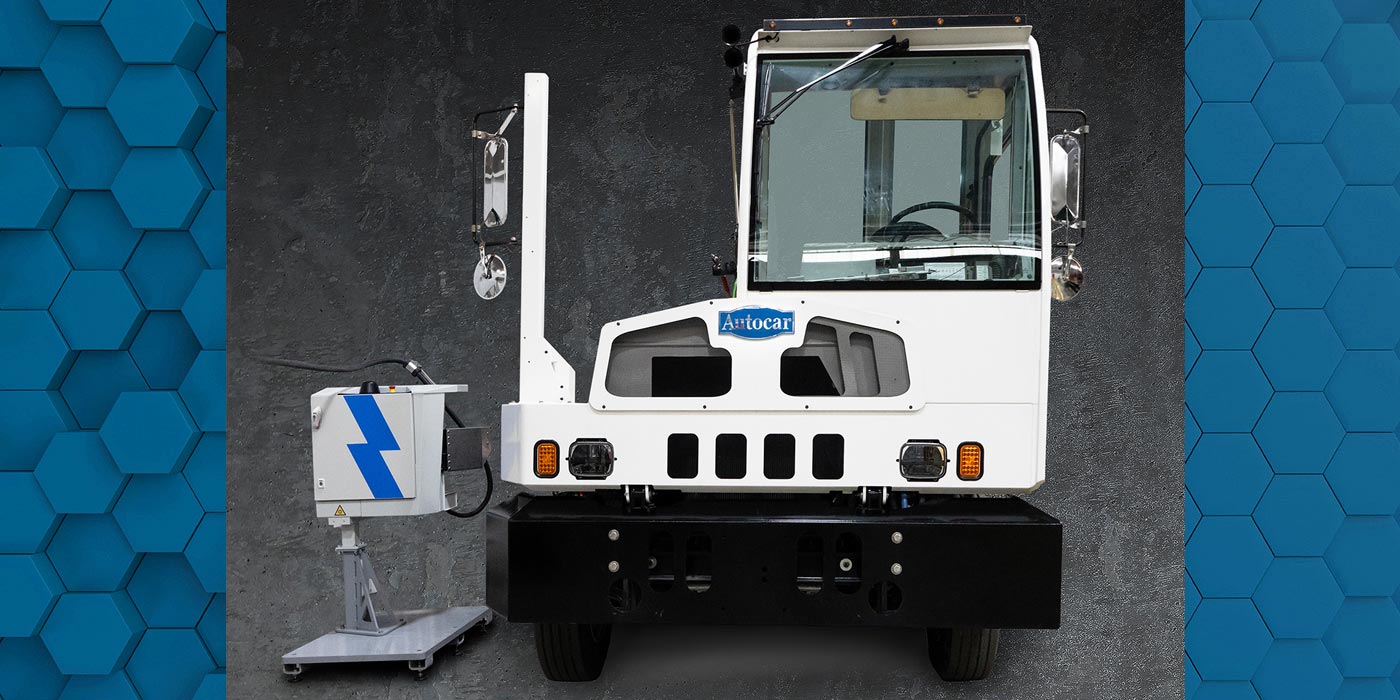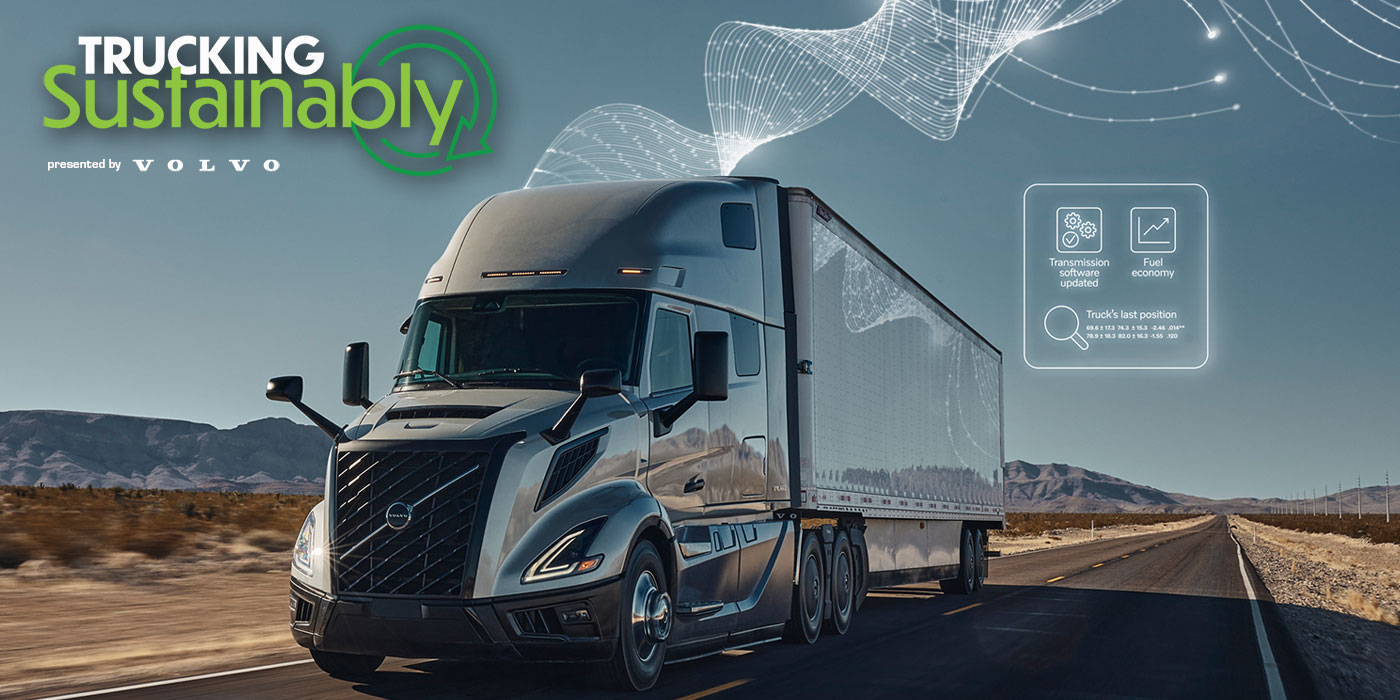Gladstein, Neandross & Associates (GNA) has released the results of a new “State of Sustainable Fleets” report, sponsored by Daimler Trucks North America (DTNA), Shell Oil Co., Penske Transportation Solutions and Exelon Corp.
Among the findings of the report:
- Natural gas, propane, battery electric, and hydrogen fuel cell electric vehicles, the four sustainable vehicle technology platforms covered in the study, are all growing in terms of vehicle sales, fuel sales, and investment.
- Roughly 98% of fleets surveyed expect to increase or continue the same level of use of sustainable vehicle technologies and fuels.
- Sustainability is the top motivator for purchasing decisions among early adopter public, private and for-hire fleets in deploying clean vehicle technologies. Many U.S. fleets are now transitioning to clean vehicle technologies not just to reduce total cost of ownership but to meet sustainability objectives.
- Fleets confirm there is no material performance loss when switching to most renewable fuels—renewable diesel, natural gas, and electricity—and would use more when it is a cost-neutral, drop-in replacement.
In a virtual event on Aug. 11, representatives from DTNA, Shell and Penske talked about their experiences with alternative energies and sustainability.
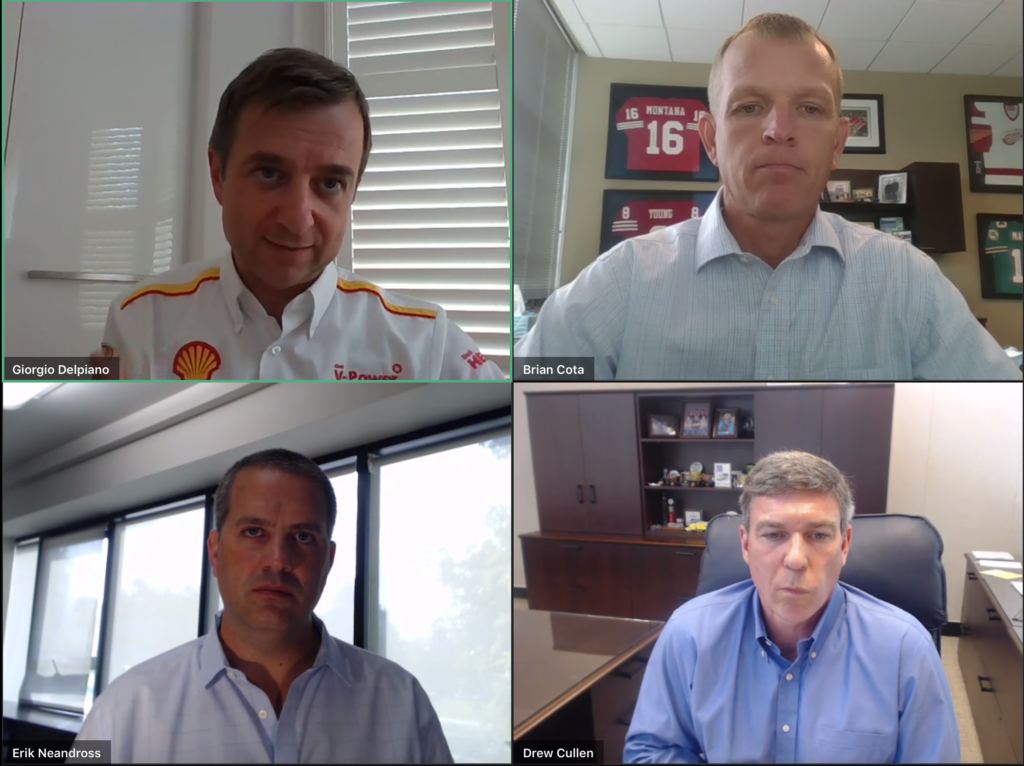
“If we were teaching a class on alternative fuels and fleet adoption and different technologies, there would be two main features of that class,” said Drew Cullen, senior vice president of fuels and facility services for Penske Transportation Solutions, which has used a wide variety of fuels in its fleet, including taking delivery of several battery electric vehicles. “The first one would be get yourself educated, and then develop your strategy off of that. Talk to your partners, talk to others in the industry, get out and look at the vehicles, get in them and drive them around, understand the costs and the range. All these different features that go into evaluating a vehicle and figuring out whether it’s a good fit for your operation. You need that to develop your strategy. It’s OK if that particular alternative fuel isn’t really a good fit yet for your fleet.”
Brian Cota, vice president of sales for national accounts for DTNA, which is working on several battery electric vehicles including the Freightliner eCascadia, mentioned that building electric vehicles also aligns with the company’s corporate goals regarding their CO2 footprint. “We need to continue to develop sustainable technologies to help lower our production footprint of vehicles that we put out there,” he said. “That’s a strategic goal for us.”
The panelists were also asked about how smaller fleets might be able to take advantage of these types of alternative energies.
“I see an opportunity for small fleets to differentiate themselves in the marketplace,” answered Giorgio Delpiano, vice president of fleet solutions for Shell Oil Co., who pointed to examples seen in Europe so far. “More and more fleets [in Europe] are using their green credentials to gain business. And the most aggressive fleets that start earlier in the journey can later scale up faster because they have the experience.”

